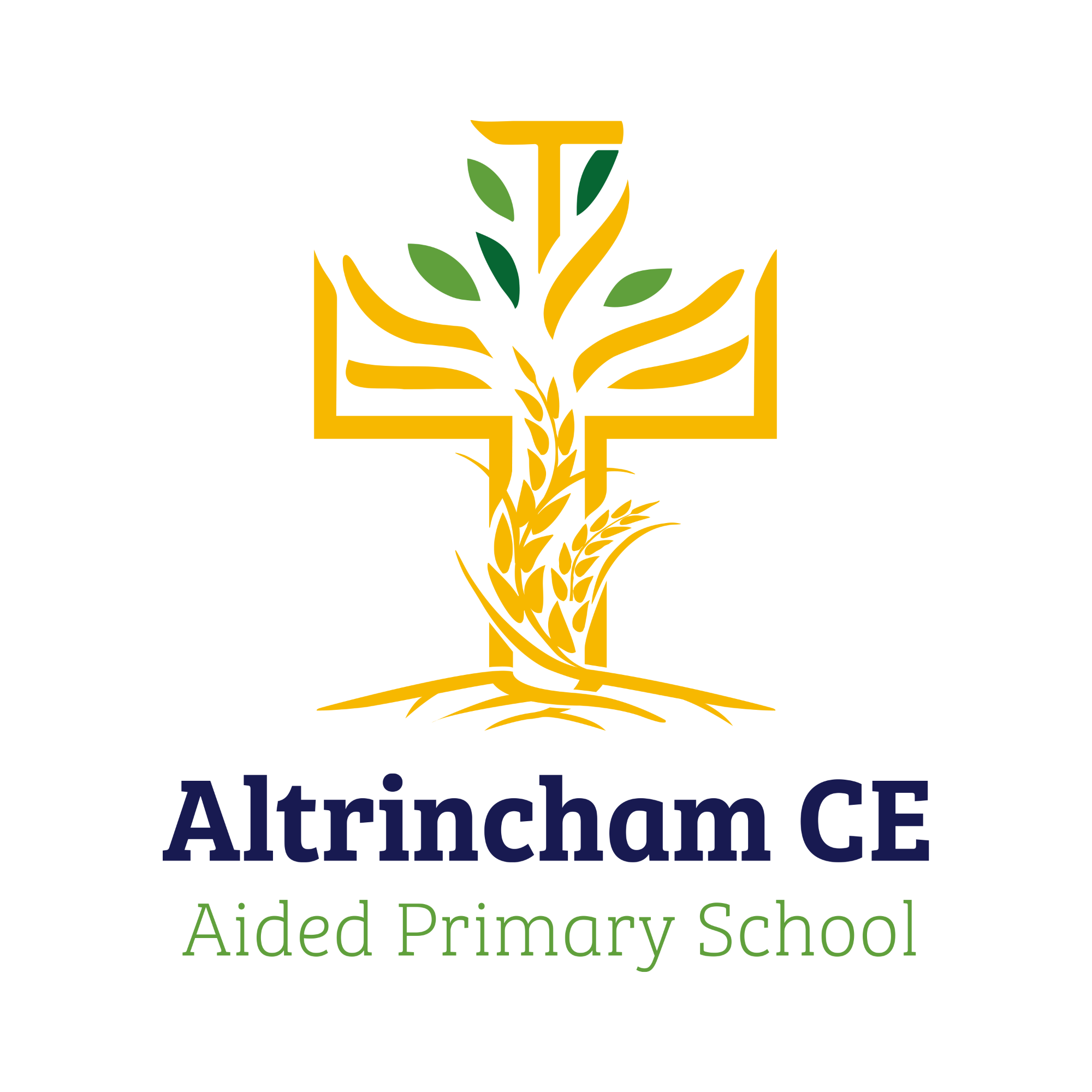EYFS
Our Early Years Foundation Stage provides a secure, happy and caring environment in which children learn through purposeful and carefully planned play.
Children learning in Nursery and Reception classes are known as the Early Years and we follow the Early Years Foundation Stage (EYFS) Framework. In the Foundation Stage, we foster the child’s own interests, needs and stages of development and offer activities which extend, enrich and develop potential both inside and outside the classroom. Play is at the forefront of our early years curriculum. Through play, your child will be encouraged to learn new skills and practise skills they have already acquired.
Play is important for children's all round physical, emotional, intellectual and social development. Purposefully planned, playful activities and first hand experiences are the key to learning, laying the foundations for the Early Years Curriculum. There is a mixture and an appropriate balance of adult-led and child-initiated activities, depending on the children’s age and stage of development.
EYFS Policy
Children
Our children are happy. They are excited and motivated to learn through rich and challenging learning experiences; opportunities to explore and take risks, and first-hand experiences.
We have high ambitions for all our children and recognise that children have different starting points to their learning. We plan according to children’s stage of development so all can thrive and develop. We aim for children to be well-rounded individuals who are independent, resilient, and confident in themselves and with others.
Parents
We encourage a partnership with parents so you are actively involved in your children's learning. Our partnership with you means that you have the opportunity to work closely with our Early Years staff to support children’s transition into the setting. We would like you to feel secure in the knowledge that your child is well cared for and happy at school.
Our parents are welcome to be actively involved in their children’s learning in school and are able to share learning experiences through ‘stay and play’ sessions, staggered starts, learning journeys, volunteering and parent workshops. We recognise that parents are the first educators in children’s lives and value contributions to judgements about children’s development. We use this information to support our assessments and share information about what children need to do next to develop and thrive.
What is it like in the Early Years on a day to day basis?
Every day, we provide opportunities for children to come together to share their experiences and have fun. Our children are happy, proud and feel secure knowing that we celebrate their successes and value their achievements. The curriculum is centred around children’s interests with a balance of child-initiated and adult-led learning.
Our learning environment facilitates child-initiated play and provides children with carefully planned opportunities which allow children to explore, create and learn through exciting, stimulating, interactive and accessible resources.
Role of our Early Years staff
We work as a team with play-based child centred learning at the heart of our practice. We aim to communicate and work cooperatively with parents and carers to support our children’s development.
The Curriculum in the EYFS (Nursery and Reception)
The Early Years Foundation Stage
Our Curriculum
The Early Years Foundation Stage, (EYFS), begins when children start Nursery and finishes at the end of the Reception class.
The EYFS Curriculum is organised into seven areas of learning.
Three of these are classed as the "prime areas of learning":
Personal, Social and Emotional Development
Physical Development
Communication and Language
Schools and early years’ providers must also support children in four specific areas, through which the three prime areas are strengthened and applied.
The specific areas are:
Literacy
Mathematics
Understanding the World
Expressive Arts and Design
Each of the seven areas of learning in the EYFS has developmental targets, known as the "Early Learning Goals", which staff use as a benchmark for children in the summer term of their Reception Year. Practitioners must indicate whether children are meeting expected levels of development, or if they are exceeding expected levels, or not yet reaching expected levels (‘emerging’). This is known as the EYFS Profile. Children’s EYFS Profile reports are passed on to the Year One teachers, who use this as a basis for planning and target setting in Key Stage One.
EYFS children are encouraged to become independent learners and experience lots of meaningful, first–hand experiences, both inside and outside of the classroom.
Due to the age of the children, teachers will often assess your child through direct observation. They keep a record of attainment and progress by taking photographs and videos as well as keeping a copy of any writing or drawing your child does to demonstrate their learning. These photographs and videos will be stored on your child’s individual, electronic learning journey. This is called EEXAT. You will be notified of your unique log-in details which will enable you to receive regular updates of what your child has been learning at school.
Staff also send home a weekly newsletter so that you can see the type of learning opportunities your child has taken part in. This will help you to support and reinforce learning at home too.
Early Learning Goals
The EYFS curriculum consists of 17 aspects of learning, at ACE we provide our pupils with the opportunities the meet the Early Learning Goals in all of these aspects.
To find out more about the Early Learning Goals click the link below.
https://www.foundationyears.org.uk/wp-content/uploads/2012/03/Early_Years_Outcomes.pdf
https://www.foundationyears.org.uk/files/2012/03/Development-Matters-FINAL-PRINT-AMENDED.pdf
Throughout the year, we have opportunities for you to come to stay and play sessions, as well as meeting with the teaching staff to discuss your child’s individual well-being and progress.
